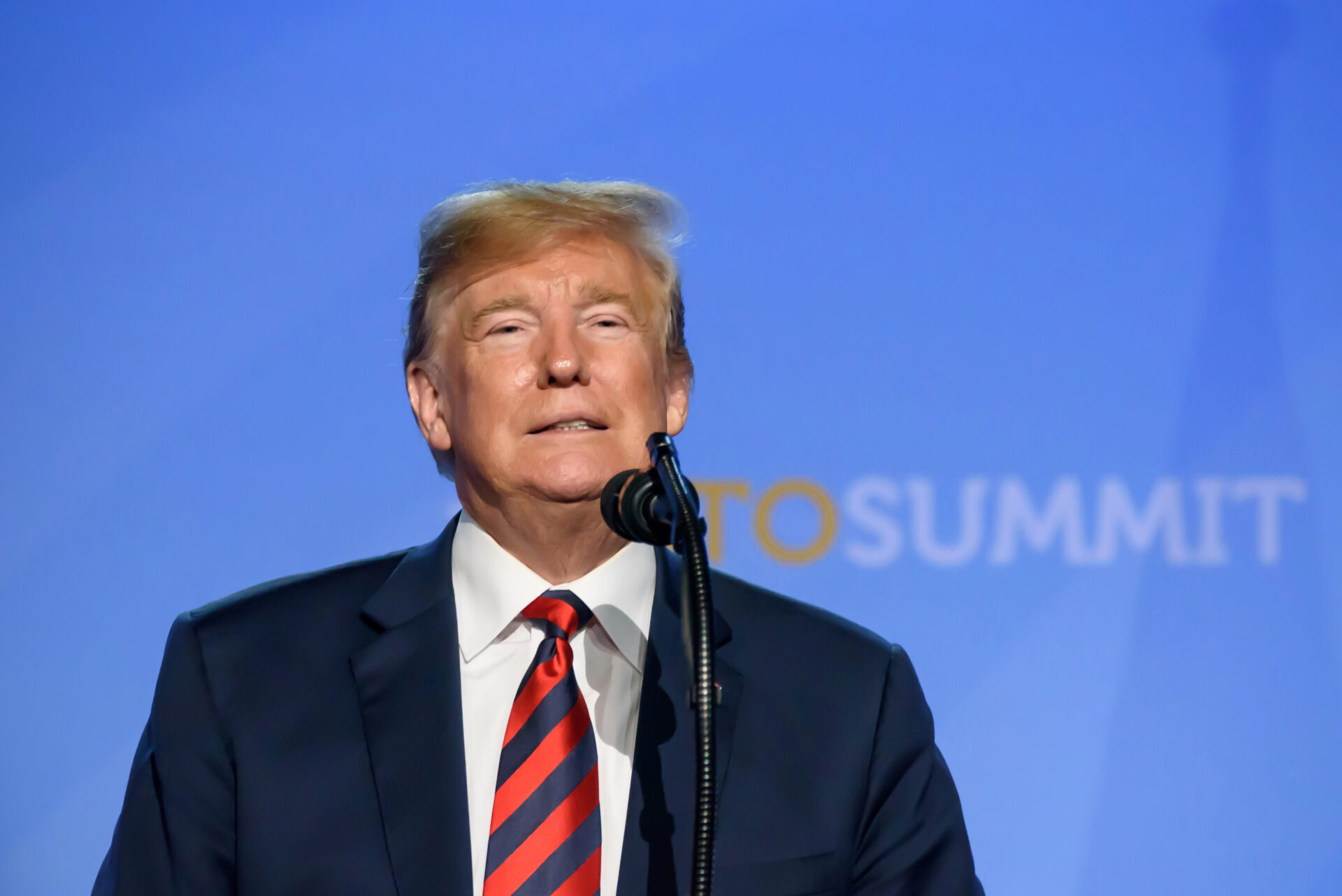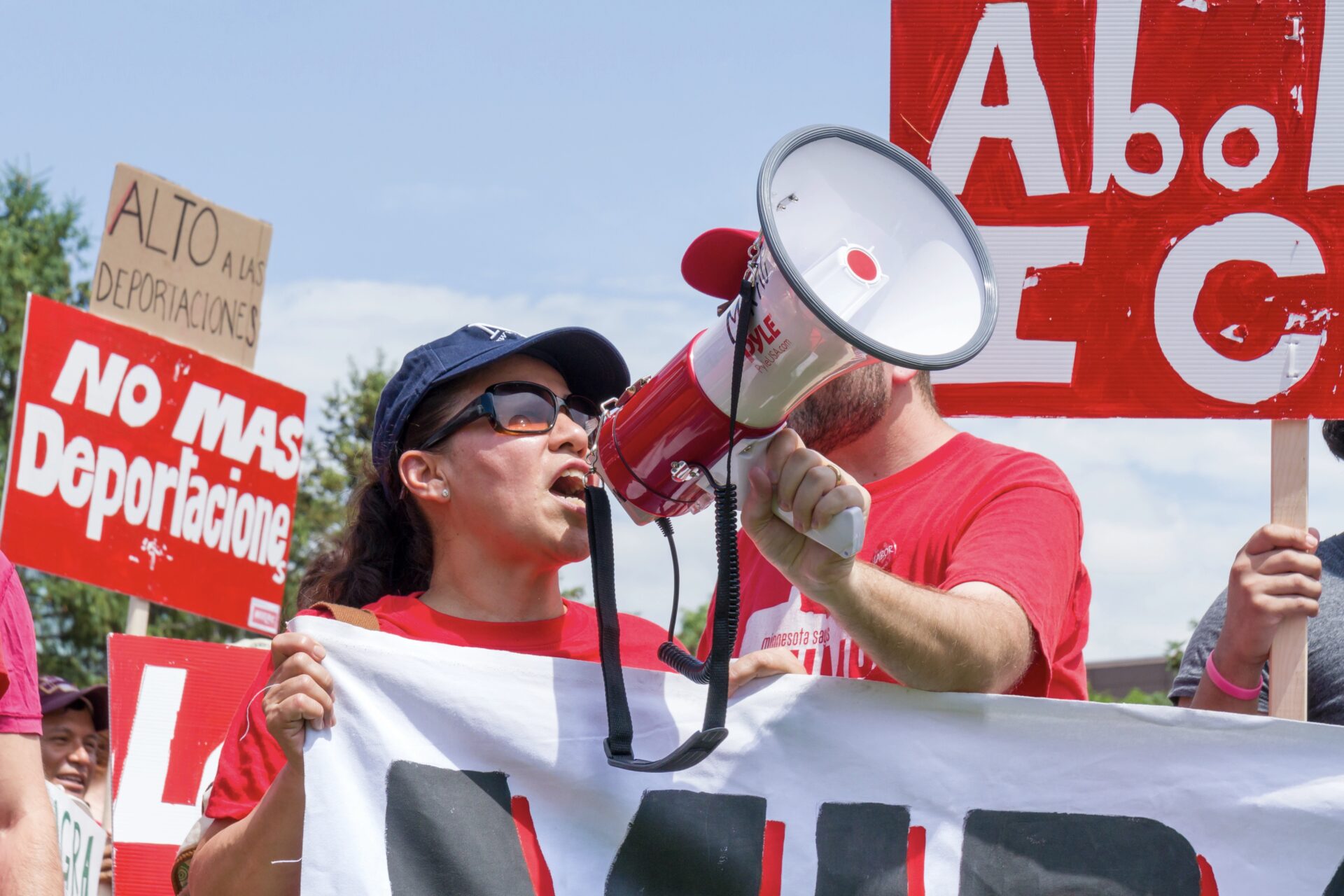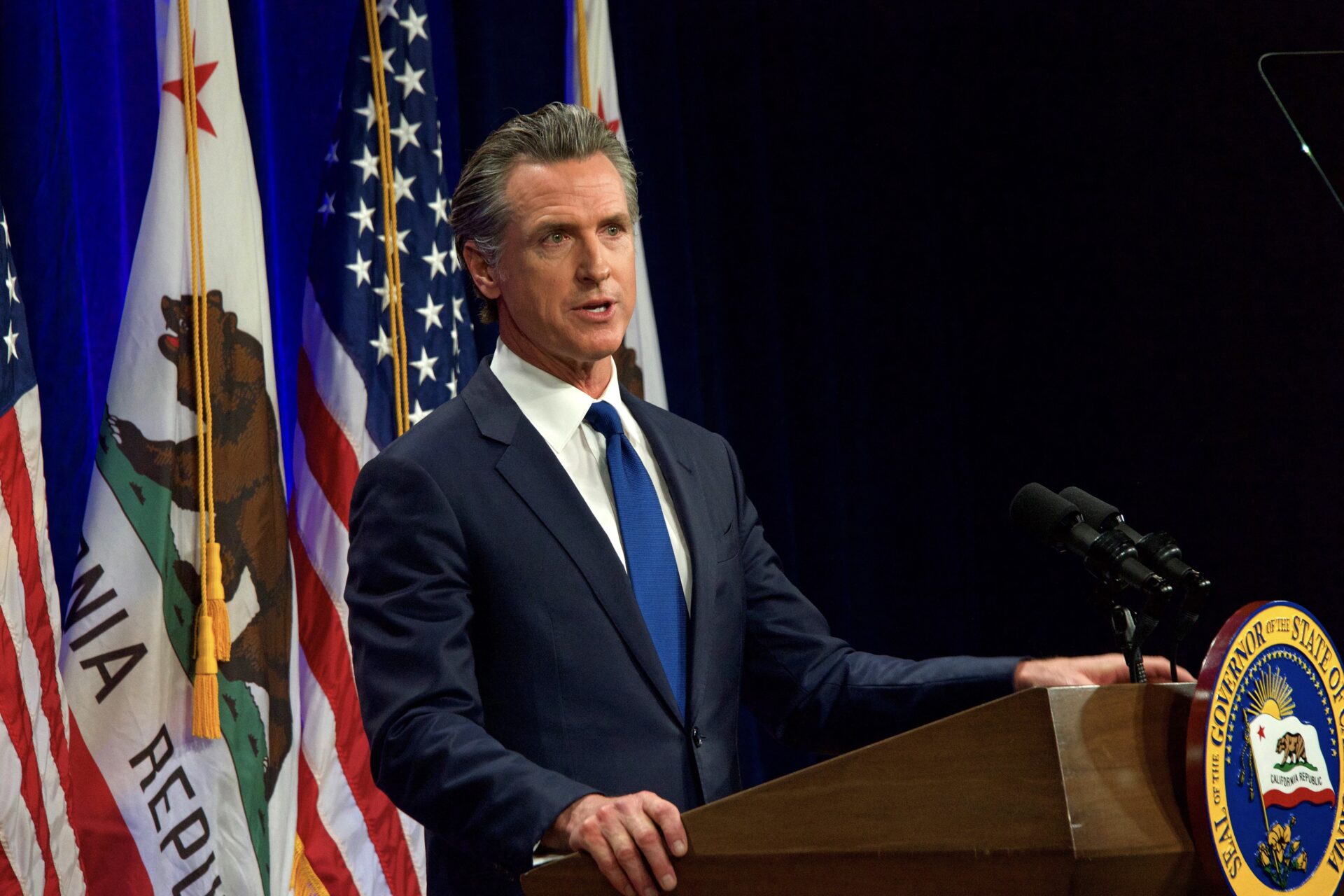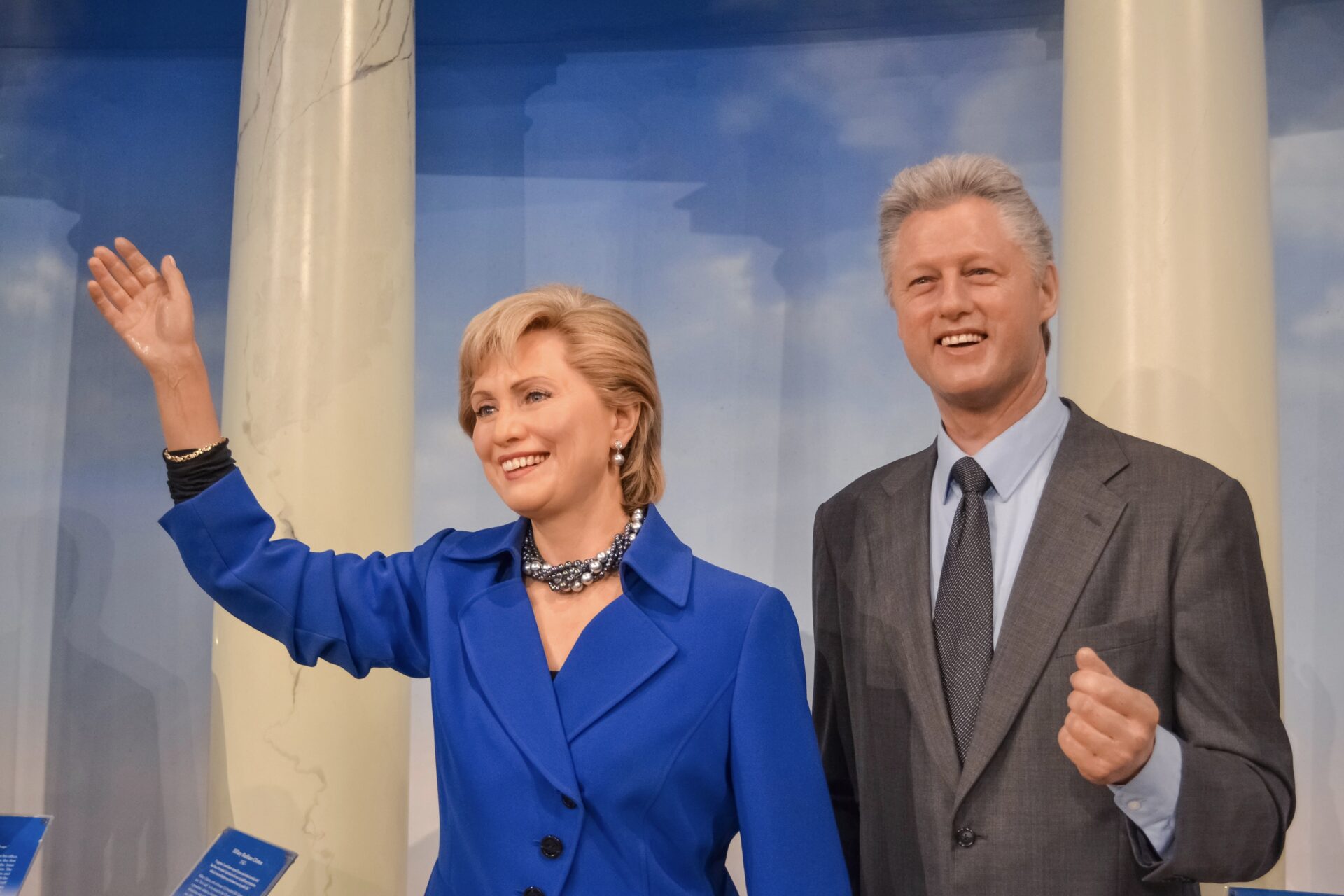Katie Couric has recently admitted that she downplayed Justice Ruth Bader Ginsburg’s criticism of players who kneel when the national anthem is played. Couric apparently downplayed Ginsburg’s criticisms in order to “protect” the Supreme Court Justice from widespread public criticism.
Couric discusses a “conundrum” that she faced in 2016, as outlined in her upcoming memoir, Going There. Couric recalls how she was tasked with interviewing Ginsburg shortly after the justice had fiercely criticized the behavior of football players, notably Colin Kaepernick, who kneeled during the anthem.
Ginsburg argued that a failure to stand for the anthem illustrated “contempt for a government that has made it possible for their parents and grandparents to live a decent life.”
Ginsburg continued onwards to blast the kneeling behavior as “youthful folly”,” which is why “education is important.” She also likened kneeling to burning an American flag.
However, Couric ultimately decided to use less controversial quotes from Ginsburg, including quotes where she referred to protests as “disrespectful” and the protestors as “arrogant” and “stupid.”
Ginsburg remarked that she believes kneeling is “a terrible thing to do,” though she would not advocate locking an individual up for kneeling. Instead, she “would point out how ridiculous [it is] to do such an act.”
After the interview, the head of public affairs for the Supreme Court apparently emailed Couric to claim that Ginsburg had “misspoke” during the interview, and he requested for that portion of the interview to be redacted from Couric’s upcoming story.
Couric recalls feeling “conflicted” over the decision due to her support of RBG in general, though she also did not find Ginsburg’s comments regarding kneeling “[worthy] of a crusader for equality.”
Due to her conflicted sentiments, Couric apparently reached out to numerous individuals for advice, and she received a variety of conflicting answers. For instance, David Brooks, a journalist for the New York Times, claimed that Ginsburg may have not fully understood the question, though Ginsburg continued to serve on the nation’s top court regardless.
Couric ultimately decided to remove Ginsburg’s more controversial remarks from the article, and she did so because of a desire to “protect” the Supreme Court Justice. Couric also added that she believes racial justice was a “blind spot” for Ginsburg.
Several critics of Couric have expressed outrage after the latest revelations, indicating that Couric’s deliberate redaction of more controversial remarks underscores the extent to which the media favors ultra-liberal viewpoints.





